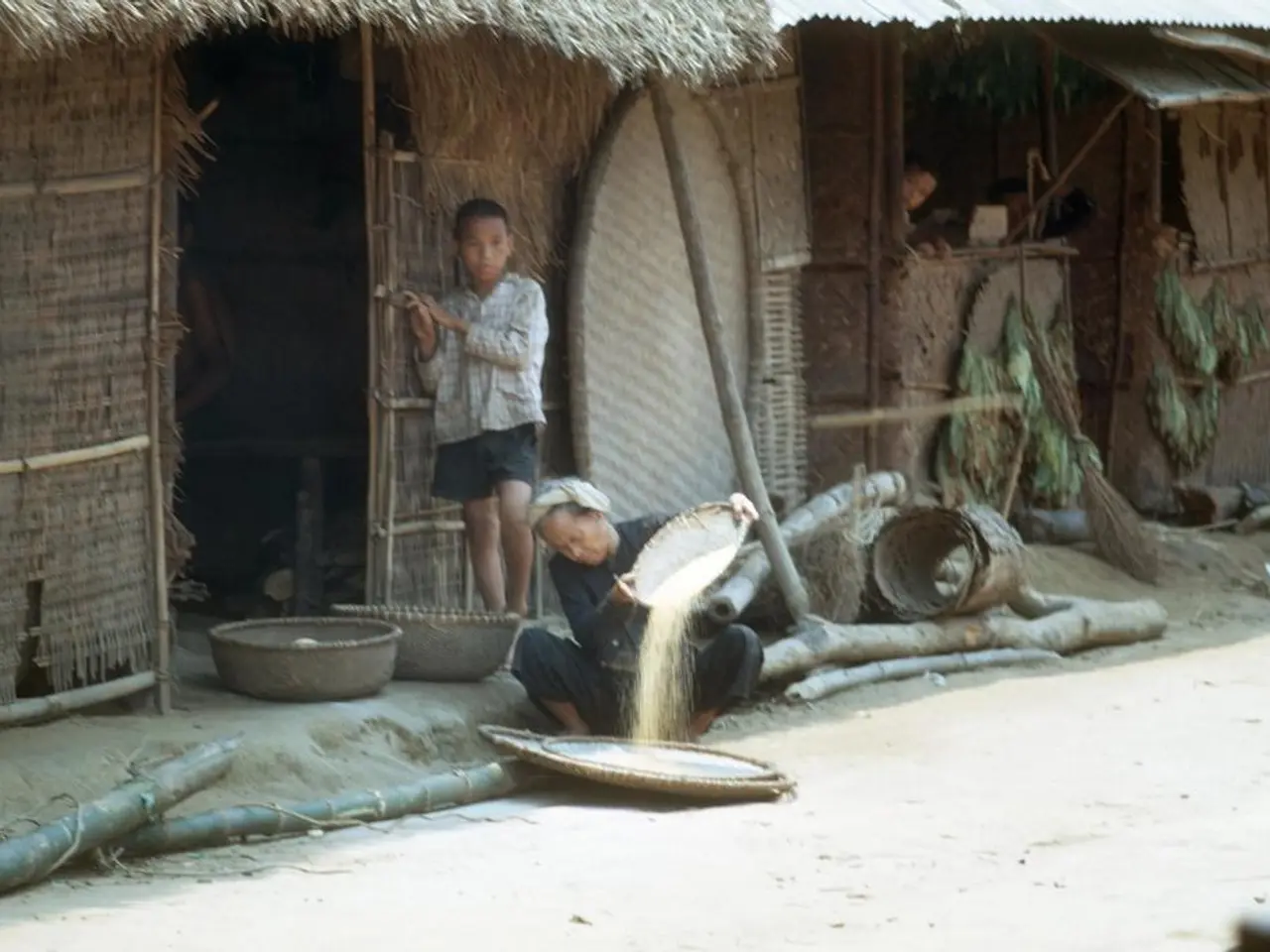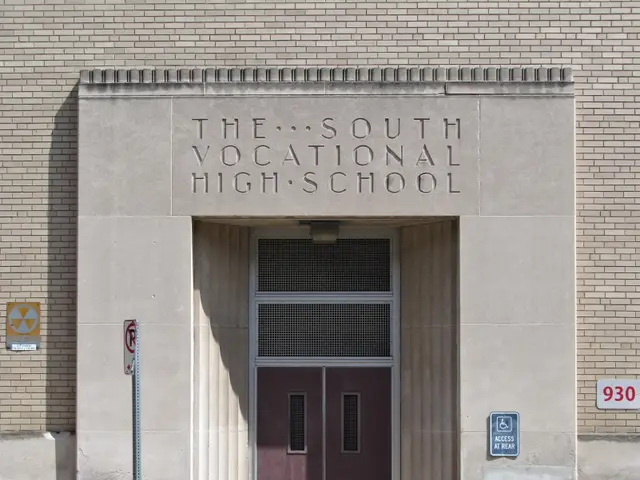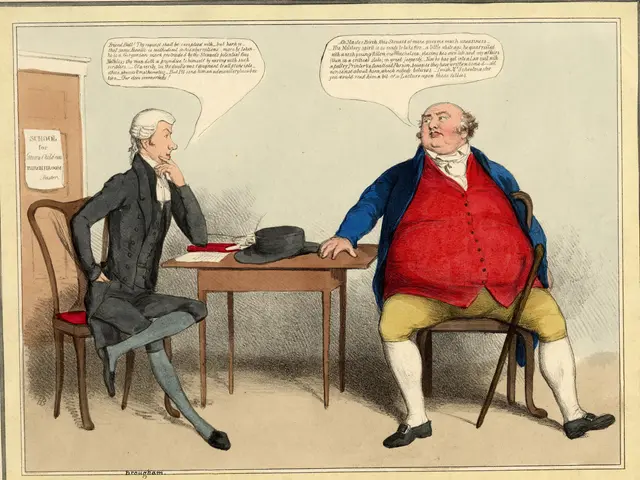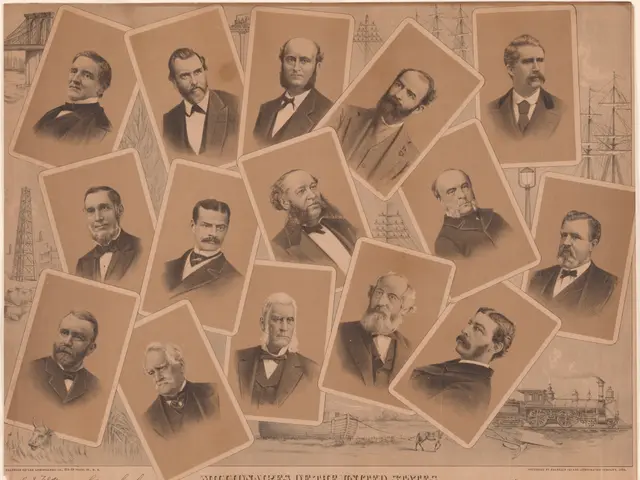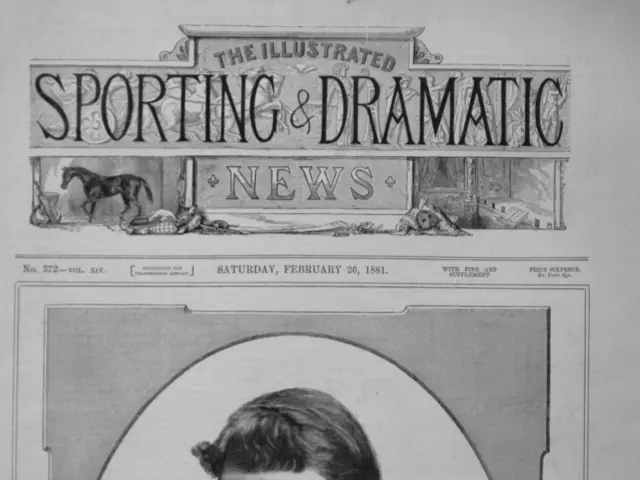Western Kenya is divided over the prohibition of "Disco Matanga" music.
In the western region of Kenya, a centuries-old tradition known as Disco Matanga has sparked heated debates and concerns among residents, religious leaders, and government officials. The practice, which involves night vigils with partying and frenzied dancing during funerals, has been a cultural and social rite for the Luhya community.
Daniel Manda, an elder from Busia town, believes that Disco Matanga promotes brotherhood, sisterhood, love, and unity during and after a funeral. Some residents argue that it offers emotional, physical, and financial support to the bereaved family, helping in raising funds for funeral expenses and providing an opportunity for people to emotionally stand with the family in their time of grief.
However, the business aspect of Disco Matanga has brought competition and jealousy among youth, leading to fights and criminal activity. The Interior Minister, Kipchumba Murkomen, has proposed banning the disco matanga due to concerns over public health, moral decency, and rising cases of defilement, crime, and insecurity.
Murkomen's suggestions face opposition within the Luhya community, as Disco Matanga is considered an important cultural and social rite. Joseph Akidiva, an elder from Vihiga County, notes that only respectable people were allowed to entertain mourners during Disco Matanga in the past.
Western Regional Commissioner Irungu Macharia has threatened to arrest bereaved families and locals who allow Disco Matanga, citing concerns about criminality, sexual exploitation, and drug abuse. However, some residents argue that ending Disco Matanga will be difficult, as some local authorities are part of the community and allow the cultural activity to take place.
Pastor Ruth Nabwire of Kingdom Restoration Church urges local administrators to decline issuing burial permits that extend beyond a single night to prevent Disco Matanga. Pastor Livingstone Washali has declared that clergy will boycott funerals that allow Disco Matanga, but this has been met with resistance from some youth.
Jane Khanaga from Lurambi, Kakamega County, thinks that regulating Disco Matanga rather than banning it would be a more effective approach to minimize its negative aspects. Disco Matanga was traditionally a way for people to connect and potentially find future spouses. In the past, it was a noble practice with high standards of discipline and moral values.
However, with modernity, Disco Matanga has been taken over by criminal gangs of young people who compete over the entertainment function. It has become an avenue for drug sales, unprotected sex, and the promotion of vices such as teenage pregnancies and disease infections.
The Luhya community is not alone in their concerns. Religious and political leaders, teachers, and government officials have expressed similar worries and have been advocating for a ban on the nocturnal activity. The Interior Cabinet Secretary, Kipchumba Murkomen, recently ordered security agencies to stop Disco Matanga within their jurisdictions.
As the debate continues, it is clear that finding a balance between preserving cultural traditions and ensuring public safety and moral decency is a complex issue. The future of Disco Matanga in Kenya remains uncertain, with both supporters and opponents voicing their opinions passionately.
Read also:
- Executive from significant German automobile corporation advocates for a truthful assessment of transition toward electric vehicles
- Crisis in a neighboring nation: immediate cheese withdrawal at Rewe & Co, resulting in two fatalities.
- United Kingdom Christians Voice Opposition to Assisted Dying Legislation
- Democrats are subtly dismantling the Affordable Care Act. Here's the breakdown
